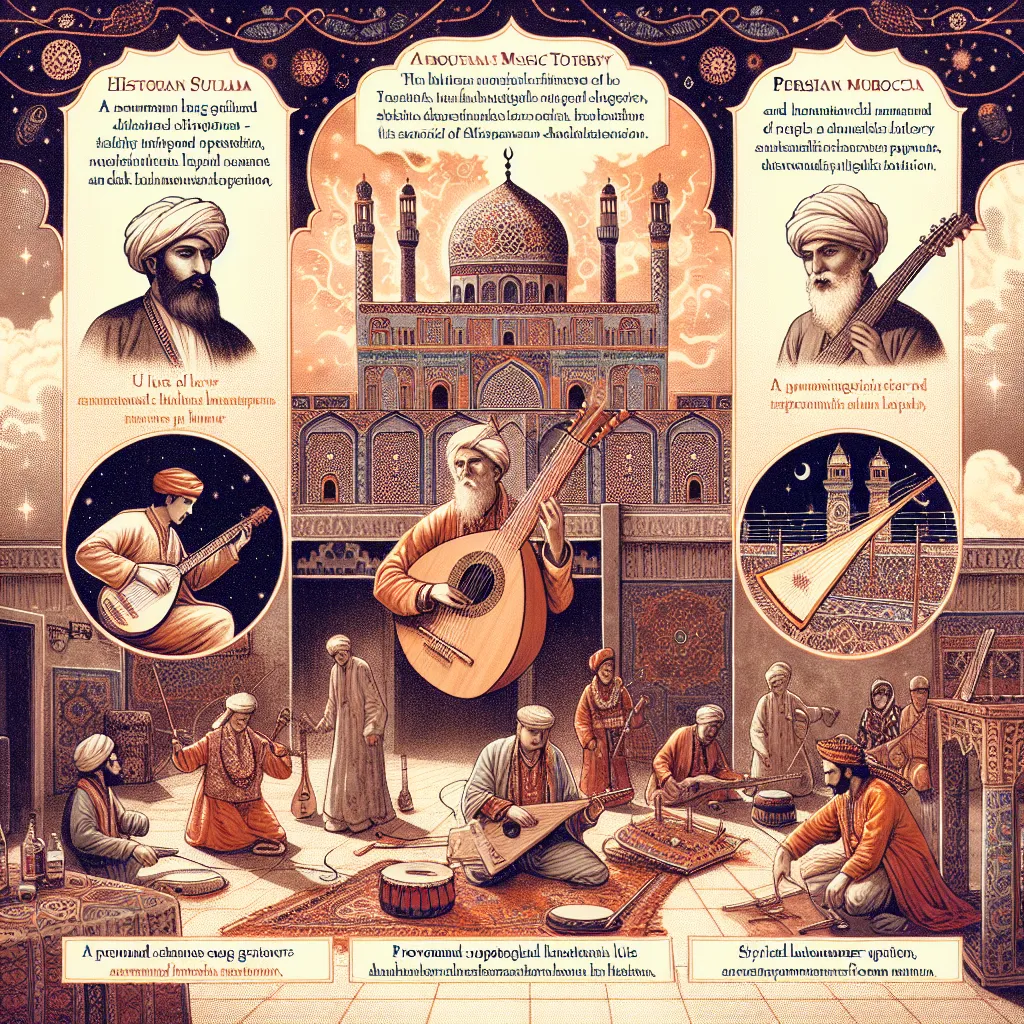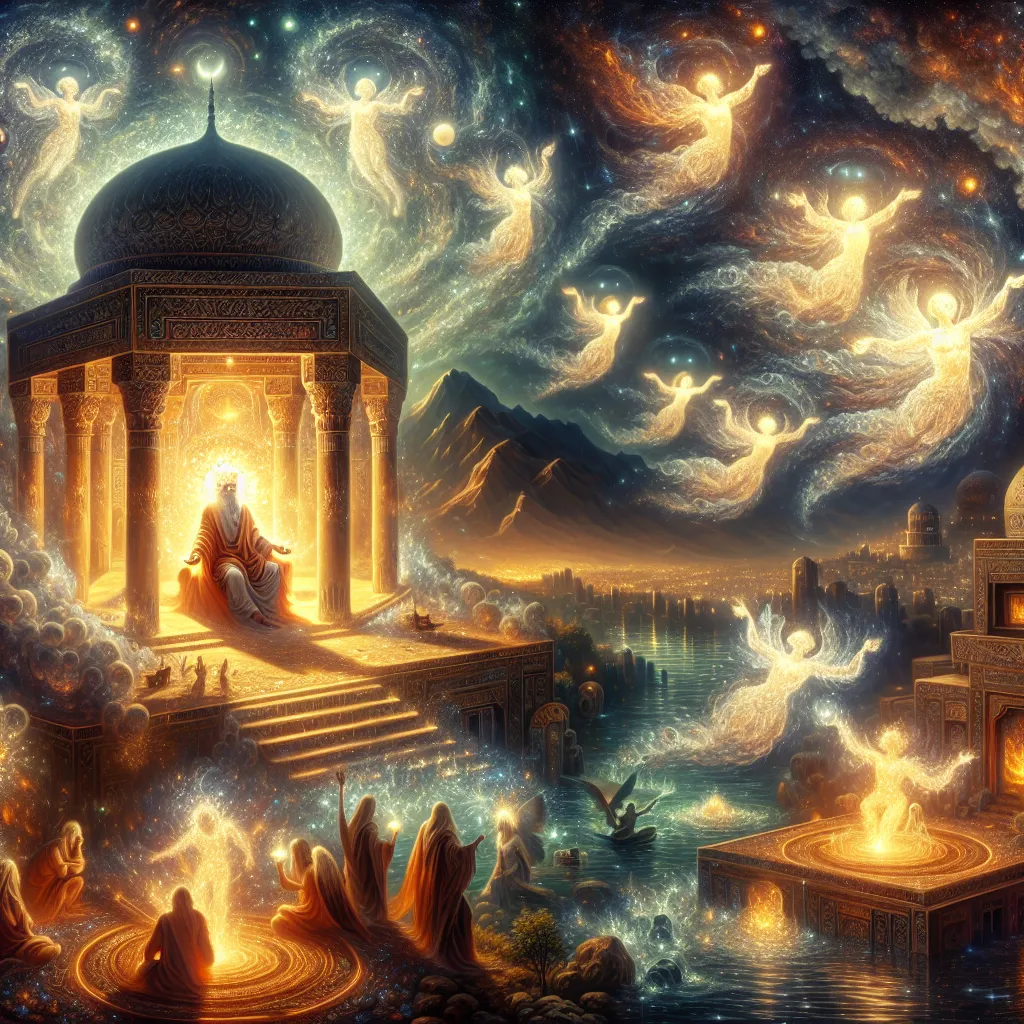Sweden is often hailed as one of the most secular countries in the world. Research shows that about 80% of Swedes don’t identify with any particular religion. Even though many are technically part of the Swedish church and celebrate Christian holidays, it’s more about cultural tradition than spiritual belief. Only about 23% of Swedes say they believe in God, a significant number compared to global standards. This might give the impression that Swedes are overwhelmingly atheist, but that’s not entirely accurate.
Instead of traditional religious beliefs, many Swedes hold onto other forms of belief, such as in an afterlife or a higher power. This phenomenon could be termed “believing without belonging,” where people subscribe to spiritual or religious ideas without affiliating with organized religion. This concept fits well with the Swedish mindset, where nature plays a central role.
Nature in Sweden isn’t just a backdrop; it’s a core part of their identity and spiritual life. The lush forests, serene lakes, and vast fields are seen as places of profundity and reflection. Being surrounded by nature offers a space to contemplate existential questions and find a spiritual connection. A lot of Swedes consider nature as their version of a church.
This isn’t unique to Sweden. In many parts of Europe and America, people are increasingly turning to nature for its perceived healing effects. Practices like forest bathing, which originate from Japan, have gained traction for their mental and physical health benefits. Immersing oneself in nature can induce a state of relaxation and interconnectedness that feels spiritual.
Professor David Tulfiel, a scholar of religious studies, has delved into this subject extensively. Many of his interviewees describe powerful spiritual experiences while in nature. Walking through a forest or hiking in the mountains seems to awaken deep existential emotions. People often draw parallels between their experiences in nature and what religious people might feel in sacred places like churches or mosques.
One might argue that the experiences people have in nature are akin to the religious concept of the “numinous,” a term coined by the German philosopher Rudolf Otto. This refers to an encounter with something wholly other and beyond ordinary reality. In nature, people often find a blend of tranquility and awe, leading to feelings of connection and being part of a greater whole.
So why do Swedes, in particular, have such a profound connection to nature? It might be a mix of biological, psychological, and cultural factors. Scientific studies suggest that being in nature has positive effects on both mental and physical health. Certain plant compounds can reduce stress, and the general environment of nature is less demanding on the brain than urban settings.
Culturally, Sweden has a deep-rooted appreciation for nature. Unlike other parts of the world where nature can be dangerous, Sweden’s natural world is generally benign, fostering a comfortable relationship with it. National Romanticism at the turn of the last century also played a role, emphasizing nature as a core part of Swedish identity.
In conclusion, whether it’s through scientific reasoning or cultural conditioning, Swedes have found in nature an essential aspect of their spiritual lives. Their experiences in the natural world help them confront life’s big questions and find inner peace, making nature their version of a sacred space. If that isn’t a form of religion, it certainly feels like one.






